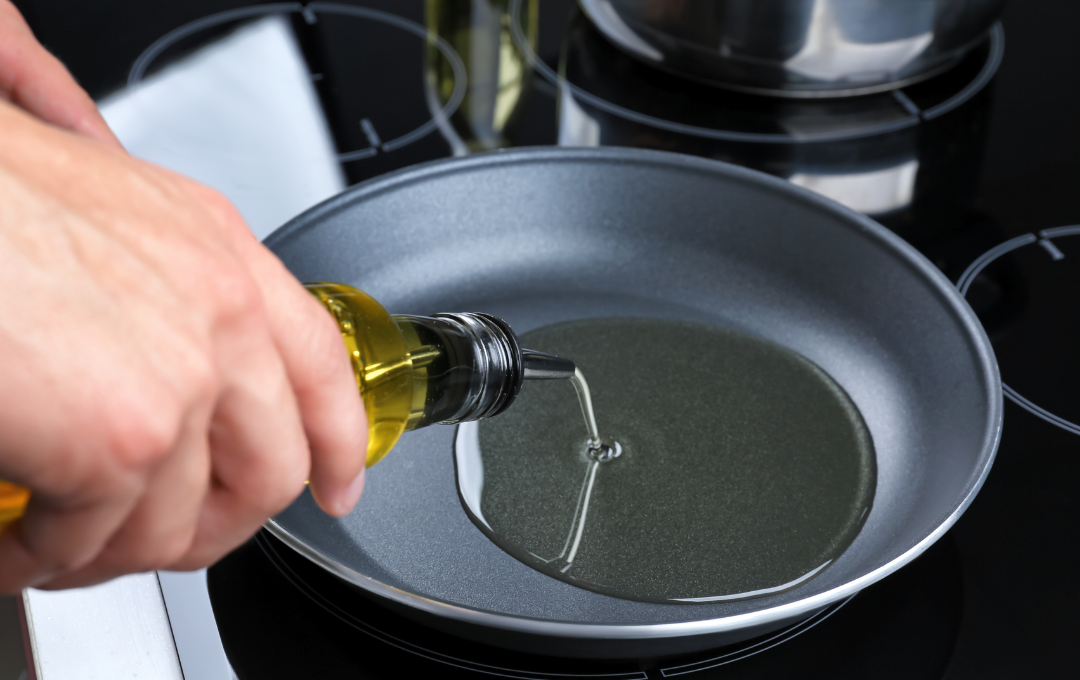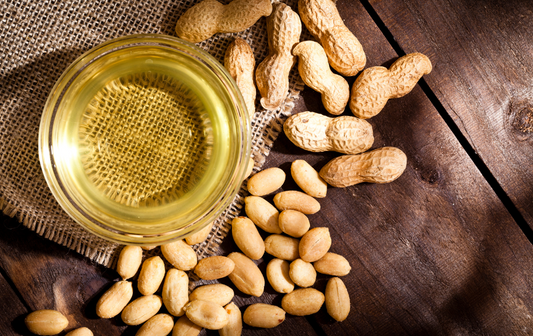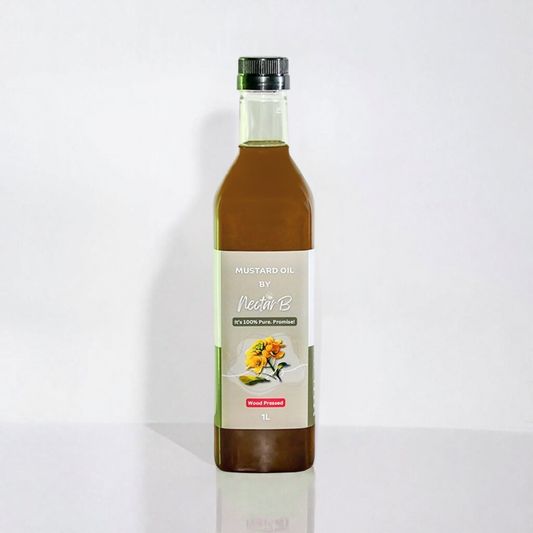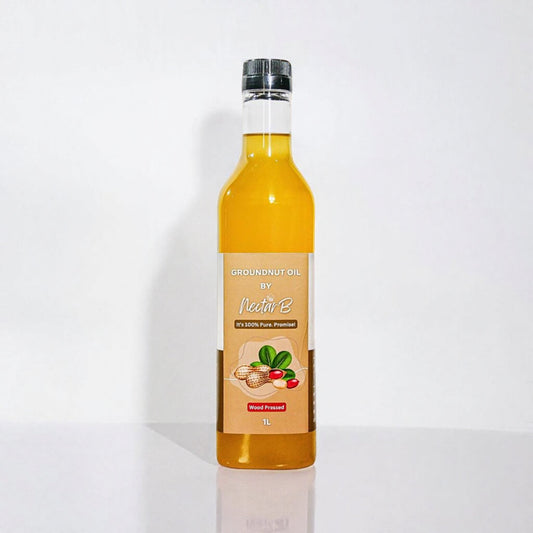
The Remarkable Benefits of Mustard Oil: Nutrition and Uses in Indian Cooking
Introduction
Overview of Mustard Oil
Mustard oil is a staple in many Indian households due to its distinctive pungent taste and numerous health benefits. Extracted from mustard seeds, this oil is rich in nutrients and widely used in cooking, skincare, and traditional medicine. Its versatility makes it a valuable addition to any kitchen.
Importance in Indian Culture
In Indian culture, mustard oil is more than just a cooking ingredient. It holds significant cultural importance, especially in rural areas. Used in rituals, festivities, and even traditional massage techniques, mustard oil is deeply ingrained in the daily lives of many Indians. Its application ranges from culinary to medicinal uses, showcasing its holistic value.
Historical Background
The history of mustard oil dates back thousands of years. It has been cultivated and utilized across different ancient civilizations, primarily in India and the Mediterranean regions. The therapeutic and culinary applications of mustard oil have been documented in historic texts, highlighting its long-standing significance.
Nutritional Composition of Mustard Oil
Key Nutrients
Mustard oil is a powerhouse of essential nutrients. It contains high levels of monounsaturated fatty acids (MUFAs) and polyunsaturated fatty acids (PUFAs), which are beneficial for health. Additionally, it is rich in vitamins and minerals that can contribute to overall well-being.
Fatty Acid Profile
The fatty acid profile of mustard oil includes a balanced mix of omega-3 and omega-6 fatty acids. These essential fatty acids play a crucial role in maintaining heart health, reducing inflammation, and supporting cognitive function. The presence of erucic acid gives mustard oil its unique properties.
Vitamins and Minerals
Mustard oil contains an array of vitamins such as Vitamin E, which acts as a powerful antioxidant. It also has vital minerals like magnesium, calcium, and potassium. These micronutrients are essential for various bodily functions, including bone health, muscle function, and electrolyte balance.
Health Benefits
Cardiovascular Health
The monounsaturated fats in mustard oil help in reducing bad cholesterol levels while increasing good cholesterol. This contributes to a healthy heart and reduces the risk of heart diseases. Regular consumption of mustard oil can promote cardiovascular well-being.
Anti-inflammatory Properties
Mustard oil is known for its anti-inflammatory properties, which can help in alleviating conditions such as arthritis and muscle pain. The oil contains selenium, which provides anti-inflammatory benefits and helps in pain reduction and joint health.
Skin and Hair Health
Applying mustard oil to the skin can improve its texture and add a natural glow. It also acts as a natural sunscreen. For hair, mustard oil strengthens the roots, reduces hair fall, and prevents dandruff, providing comprehensive care for your scalp and hair.
Mustard Oil in Indian Cuisine
Traditional Dishes
Mustard oil is a key ingredient in many traditional Indian dishes such as fish curry, pickles, and Bhuna Gosht. Its strong aroma and taste add a unique flavor that is hard to replicate with other oils. These dishes are often beloved staples in many households.
Regional Variations
The usage of mustard oil varies significantly across different regions of India. For instance, it is predominantly used in East Indian and Northern Indian cuisines, whereas Southern and Western parts of India have different oil preferences. Each region incorporates mustard oil into its culinary practices differently.
Cooking Techniques
In Indian cooking, mustard oil is often heated until it reaches its smoking point to reduce its pungency. This helps in enhancing the flavors of the dishes without the overpowering taste of raw mustard oil. It is commonly used for sautéing, deep-frying, and even as a dressing for salads.
Mustard Oil for Cough and Cold
Mustard oil is a traditional remedy for treating coughs and colds. Its natural warming properties help in clearing congestion. Massaging the chest with warm mustard oil mixed with camphor can provide relief from respiratory ailments, making it a go-to remedy in many households.
Mustard Oil for Hair
Using mustard oil for hair care can combat dryness and dandruff. Regular application of mustard oil boosts blood circulation in the scalp, promoting healthier and stronger hair. Mixing it with other essential oils can provide an enriching hair treatment that nourishes from root to tip.
Multifaceted Uses of Mustard Oil: Your Go-To Home Remedy
Mustard oil is widely recognized for its diverse utilities. From being a potent massage oil to use in relieving muscle aches and joint pains, its multifaceted applications make it indispensable. Additionally, it acts as a natural insect repellent and can be used for keeping pests away from plants.
Different Types of Mustard Oil
Cold-Pressed Mustard Oil
Cold-pressed mustard oil is extracted at low temperatures to retain its natural properties and flavor. This type of mustard oil is considered to be the purest and most beneficial for health. It is often preferred for both culinary and therapeutic uses due to its unaltered composition.
Refined Mustard Oil
Refined mustard oil undergoes various processes to remove strong flavors and improve its shelf life. However, this can strip away some of the essential nutrients and benefits. It is typically used when a milder flavor is desired in cooking, making it more versatile in different cuisines.
Kachchi Ghani Mustard Oil
Kachchi Ghani mustard oil is traditionally extracted using a wooden expeller. This method helps retain the oil's pungent flavor and nutritional value. Known for its authentic taste, this type is highly prized in Indian cooking, especially for preparing pickles and other condiments.
Cooking Tips and Usage
Smoke Point Considerations
Mustard oil has a high smoke point, making it ideal for deep-frying and high-temperature cooking. It's crucial to heat the oil to its smoking point to neutralize its strong flavor. This ensures that your dishes have an enhanced taste without the bitterness of raw mustard oil.
Pairing with Spices
Mustard oil pairs exceptionally well with a variety of Indian spices. It effectively brings out the aromatic qualities of spices like cumin, turmeric, and fennel. Whether you're making a curry or a sautéed vegetable dish, pairing the oil with the right spices can elevate the dish's flavor profile.
Infusing with Flavors
Infusing mustard oil with garlic, ginger, or various herbs can create a flavorful base for different dishes. This technique allows for a richer taste and adds depth to your cooking. Infused mustard oil can also be used as a finishing touch for salads and marinades.
Comparing Mustard Oil with Other Cooking Oils
Health Benefits Comparison
Compared to other cooking oils like sunflower and canola oil, mustard oil offers distinct health benefits due to its unique fatty acid composition. The presence of omega-3 fatty acids, along with other antioxidants, gives it an edge in promoting cardiovascular health.
Flavor and Aroma
Mustard oil stands out with its robust flavor and pungent aroma. While it might be an acquired taste for some, it adds a depth of flavor that is hard to match. In contrast, other oils like olive oil have milder flavors that are more universally accepted but less distinctive.
Cost and Availability
Mustard oil is reasonably priced and widely available in regions where it is commonly used. Compared to more exotic oils, it is an economical option for many households. Its availability in both refined and unrefined forms also makes it accessible for various culinary and medicinal uses.
Mustard Oil is Commonly Known by a Variety of Names Like:
Across different regions and languages, mustard oil is known by various names, adding to its cultural richness. Some common names include:
- Sarson ka Tel (Hindi)
- Rai Tel (Gujarati)
- Kadugu Ennai (Tamil)
- Avala Nune (Telugu)
Safety Concerns and Myths
Potential Risks and Precautions
Despite its numerous benefits, mustard oil should be used with caution. Consuming it in excessive amounts can lead to potential risks. It is essential to use mustard oil from trusted sources to avoid adulteration and ensure quality.
Debunking Common Myths
There are several myths related to mustard oil, such as it being toxic or unsafe for consumption. Scientific studies and traditional practices have shown that, when used appropriately, mustard oil is safe for culinary as well as medicinal purposes.
Regulatory Standards
Various regulatory bodies have set standards for mustard oil to ensure its safety and quality. Checking for certifications and adhering to recommended consumption levels can mitigate concerns related to mustard oil use.
Sustainability and Ethical Considerations
Environmental Impact
The cultivation of mustard seeds and production of mustard oil have relatively low environmental impacts compared to other oilseeds. Sustainable farming practices contribute to its eco-friendliness, making it a more sustainable option.
Ethical Farming Practices
Supporting mustard oil produced through ethical farming practices ensures that farmers receive fair wages and work in favorable conditions. This not only benefits the farmers but also results in higher quality oil.
Supporting Local Communities
Purchasing locally produced mustard oil helps support local communities and traditional farming methods. This, in turn, aids in preserving cultural heritage and promoting economic growth within these communities.
Purchasing and Storage Tips
How to Choose Quality Mustard Oil
When purchasing mustard oil, look for cold-pressed or Kachchi Ghani variants as they retain most of the oil's natural properties. Ensure that the oil is free from additives and contaminants.
Proper Storage Methods
Store mustard oil in a cool, dark place to maintain its quality. Use airtight containers to prevent oxidation and rancidity. Proper storage can extend the oil's shelf life and preserve its flavor and nutritional benefits.
Shelf Life Extension
Regularly check the oil for any changes in smell or color, which can indicate spoilage. To extend its shelf life, you can also refrigerate the oil. Use it within the recommended time frame to ensure maximum freshness and efficacy.
Conclusion
Mustard oil, with its rich history and multifaceted benefits, continues to hold a significant place in Indian households. From nutritional advantages to versatile uses in cooking and home remedies, this oil is truly remarkable. Incorporating mustard oil into your lifestyle can offer numerous health benefits while allowing you to enjoy its unique flavors and therapeutic properties.
Popular Links
Order Wood Pressed Groundnut Oil Now!















